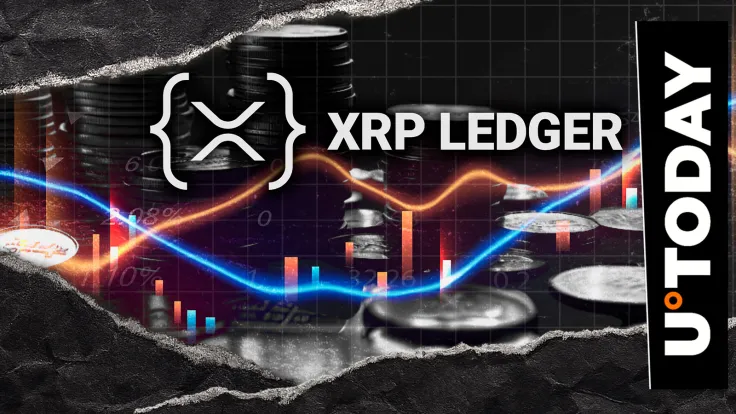Venom Foundation: blockchain fees drop below a cent

The Venom Foundation, an organization based in Abu Dhabi and developer of the next-generation Layer-0 and Layer-1 blockchain of the same name, has published a comparative research on transaction fees of the world’s top ten blockchains.
The report, titled “How Transaction Fees Across 10 Leading Blockchains Affect Their Usability and Adoption Potential”, reveals an impressive fact: between traditional proof-of-work networks and new scalable architectures, there is a 99.9% gap in transaction costs.
Bitcoin and Ethereum remain the most expensive
According to the study, Bitcoin records an average of 1.10 dollars per transaction, while Ethereum stands at 1.85 dollars, making them unsuitable for micropayments and mass applications, especially in emerging markets.
On the contrary, blockchains based on Proof-of-Stake like Solana ($0.00025), TRON ($0.001) and Venom (less than $0.001) allow for almost free operations and very rapid finalization times.
The Advantage of Scalable Architectures
The research highlights how next-generation blockchains have overcome the trade-off between scalability and security. Networks like Venom and Polygon indeed exceed 100,000 transactions per second (TPS), ensuring finality in under 2 seconds.
The credit, for Venom, goes to its dynamic sharding system: unlike static sharding, which can create imbalances between congested and inactive shards, Venom’s architecture adapts the number and size of shards in real-time based on network demand.
This asynchronous approach avoids bottlenecks, keeps fees under a fraction of a cent, and ensures a 99.99% uptime efficiency, ideal for applications such as gaming, high-frequency IoT, and DeFi.
Christopher Louis Tsu: “Fees are the key to global adoption”
Christopher Louis Tsu, CEO of Venom Foundation, stated:
The Overall Picture: Fees as a Gateway to Mass Adoption
The document shows how network congestion, block size, and the consensus mechanism strongly influence fee volatility.
During periods of high demand, fees on Bitcoin and Ethereum can rise to several dollars, while Venom, thanks to its dynamic model, maintains stable costs even under high traffic conditions.
As global regulation progresses and institutional investors enter the market, blockchains with low fees and high throughput are gaining an increasingly central role.
The study suggests that even if Ethereum continues to reduce costs through Layer-2 solutions, networks born with natively scalable architectures – like Venom – could have a decisive structural advantage.
A network built for the future
Venom aims to provide a secure, regulated, and adaptable financial infrastructure to meet the needs of businesses and governments.
With a capacity of up to 150,000 TPS, minimal costs, and an ecosystem that includes DeFi, NFT, gaming and enterprise solutions, the network positions itself as a platform ready to support the next generation of Web3 applications.
You May Also Like

American Bitcoin’s $5B Nasdaq Debut Puts Trump-Backed Miner in Crypto Spotlight

XRPL Validator Reveals Why He Just Vetoed New Amendment

